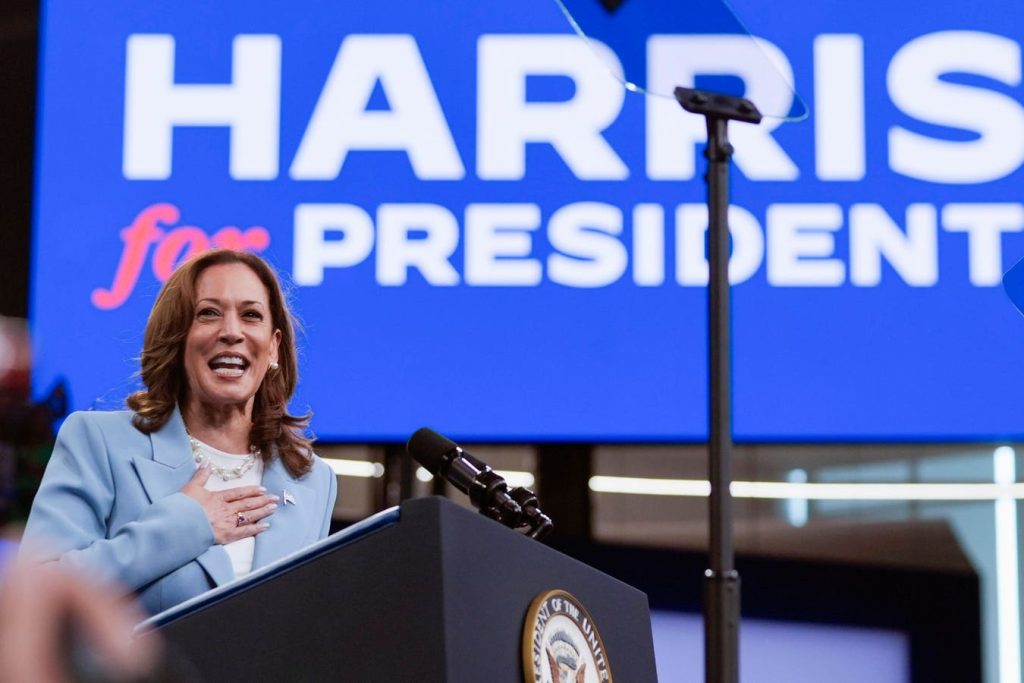Vice President Kamala Harris’ potential tax proposals are a key issue for voters as her campaign begins to take shape. While she has pledged not to raise taxes on anyone making under $400,000 a year, there are questions about how this will impact her ability to implement major policy changes, such as expanding Social Security benefits. The Tax Foundation has analyzed her past tax proposals from the 2020 election, which may give some insight into her current stance on taxes.
One of Harris’ past ideas included raising the top marginal income tax rate from 37% to 39.6% for the top 1% of earners. She also proposed a 4% tax on households making more than $100,000 a year to fund a Medicare for All plan. However, her recent pledge to not raise taxes on those making under $400,000 may limit the scope of her tax proposals. It remains to be seen whether she will present alternative ideas to achieve her policy goals.
Harris has also advocated for refundable tax credits, such as the LIFT the Middle-Class Act, which would provide a $3,000 credit ($6,000 for joint filers) for low- and middle-income taxpayers. She has also suggested a tax credit for rent for individuals earning less than $100,000 a year who spend over 30% of their income on rent and utilities. These initiatives could potentially benefit those struggling financially.
In terms of capital gains, Harris has proposed raising rates to tax them similar to ordinary income, with a focus on high-income earners. Additionally, she has advocated for raising corporate tax rates back up to 35%, reversing the decrease from 35% to 21% that occurred in 2018. Her past support for increasing the estate tax to fund education programs also suggests a potential for revisiting estate and gift tax exemptions.
Another proposal by Harris was a financial transaction tax on stock trades, bonds, and derivatives. This tax plan would impose a 0.2% tax on stock trades, 0.1% on bond trades, and 0.002% on derivative transactions. While these proposals may face challenges in implementation, they offer a glimpse into Harris’ approach to taxation and revenue generation for government programs.
As Harris continues to develop her campaign and policy platform, her tax proposals will likely come under scrutiny and debate. Voters will be looking to understand how her plans may impact different income groups and sectors of the economy. While specific details may still be forthcoming, Harris’ past ideas and pledges provide insight into how taxes could be adjusted under her potential leadership as president.


